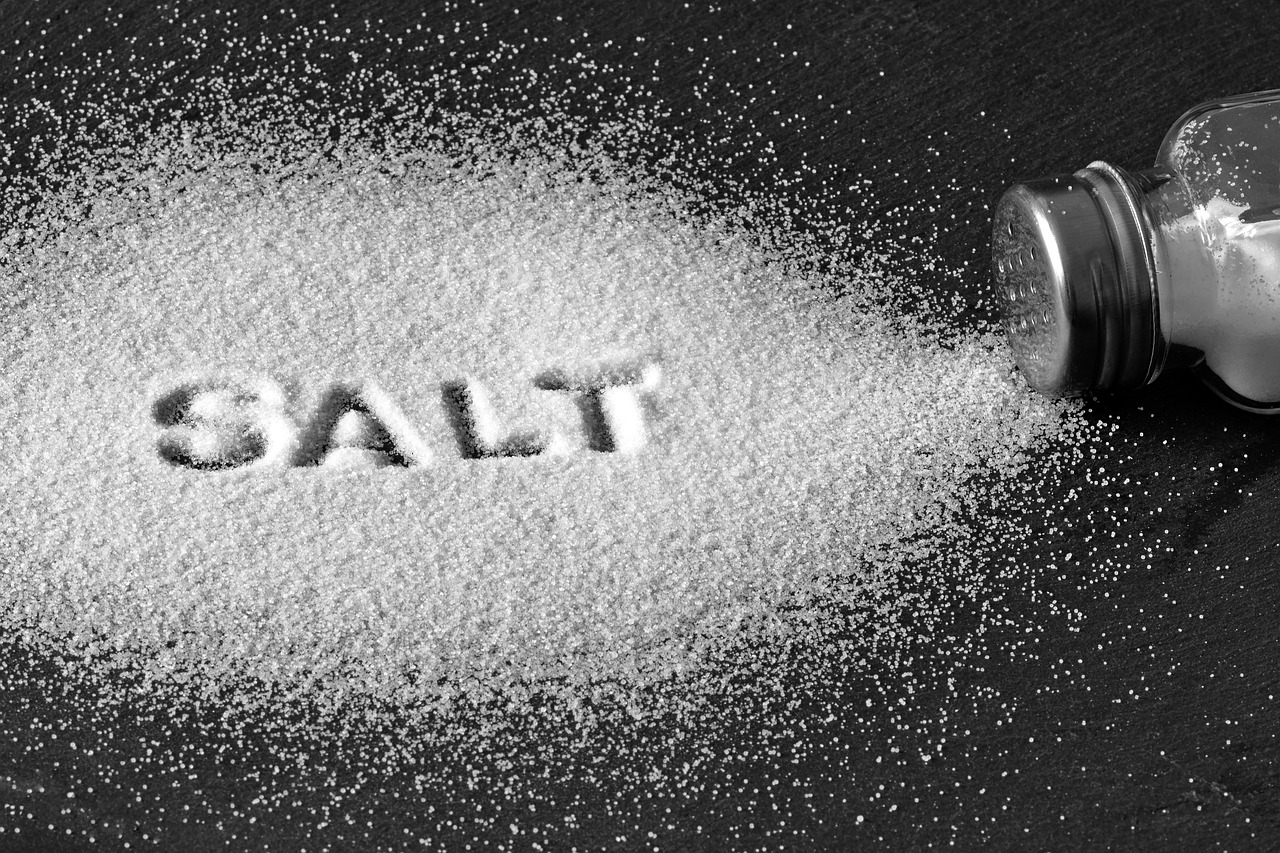Your cart is currently empty!

Sodium: Friend or Foe of the Bodybuilder?
Posted by:
|
On:
|
Don’t Get Salty about Sodium
Sodium. It’s a mineral often demonized in discussions about health, linked to high blood pressure and heart disease. But for bodybuilders, sodium plays a more nuanced role, one that can impact performance, muscle appearance, and even contest preparation. Understanding this complex relationship is crucial for maximizing gains and achieving peak physique.
The Role of Sodium in Physiology
Sodium is an essential electrolyte, meaning it carries an electrical charge when dissolved in bodily fluids. It’s vital for numerous physiological processes, including:
- Fluid Balance: Sodium helps regulate the amount of water inside and outside of cells, maintaining proper hydration. This is critical for muscle function, nutrient transport, and waste removal.
- Nerve and Muscle Function: Sodium is involved in nerve impulse transmission and muscle contractions. Without adequate sodium, muscle weakness, cramps, and even neurological issues can arise.
- Nutrient Absorption: Sodium plays a role in the absorption of certain nutrients in the intestines.
Given these essential functions, completely eliminating sodium from the diet is not only impractical but also dangerous. However, the modern diet often contains excessive amounts of sodium, primarily from processed foods, restaurant meals, and added table salt. This excess can contribute to hypertension, or high blood pressure, a significant health concern. High blood pressure increases the risk of heart disease, stroke, kidney disease, and other serious conditions. While some individuals are more sensitive to sodium than others, many people can benefit from reducing their intake.
Another issue specific to bodybuilders is the fact that many steroids can increase blood pressure.
For More Information:
Sodium Intake and Bodybuilding
For bodybuilders, the relationship between sodium and muscle appearance becomes particularly relevant during contest preparation. In the weeks leading up to a competition, some bodybuilders manipulate their sodium and water intake to try to achieve a “dry” and vascular look. This can involve a period of sodium loading followed by a period of sodium depletion.

The idea behind this strategy is that high sodium intake can cause the body to retain water. Conversely, drastically reducing sodium intake can trigger the body to excrete excess water. This reduction in extracellular fluid may make the muscles appear fuller and more defined, as there is less fluid obscuring their contours. This practice, often combined with carbohydrate manipulation, is a delicate balancing act. Too much sodium depletion can lead to dehydration, muscle cramping, and decreased performance. Too little depletion may not achieve the desired visual effect.
It’s important to emphasize that sodium manipulation for contest preparation is an advanced technique and should only be undertaken under the guidance of a qualified coach or healthcare professional. It is not without risks, and improper execution can have detrimental effects on health and performance.
Beyond contest prep, maintaining a balanced sodium intake is important for bodybuilders year-round. Sufficient sodium is necessary for optimal muscle function and hydration, which are crucial for training intensity and recovery. However, excessive sodium intake can negate the health benefits of exercise and contribute to the risk of high blood pressure.
Therefore, the key for bodybuilders, and indeed for everyone, is to find a middle ground. Prioritize whole, unprocessed foods, which naturally contain lower levels of sodium. Limit or avoid processed foods, fast food, and restaurant meals, which tend to be high in sodium. Be mindful of added salt, both at the table and during cooking. Reading food labels is essential to understanding the sodium content of different products.
In conclusion, sodium is a double-edged sword for bodybuilders. It’s essential for vital physiological functions, including fluid balance, nerve and muscle function, and nutrient absorption. However, excessive intake can contribute to high blood pressure and negatively impact health. While sodium manipulation plays a role in contest preparation for some, it’s a complex and potentially risky practice that should be approached with caution and professional guidance. For optimal health and performance, bodybuilders should focus on maintaining a balanced sodium intake through a diet rich in whole, unprocessed foods and mindful attention to added salt.